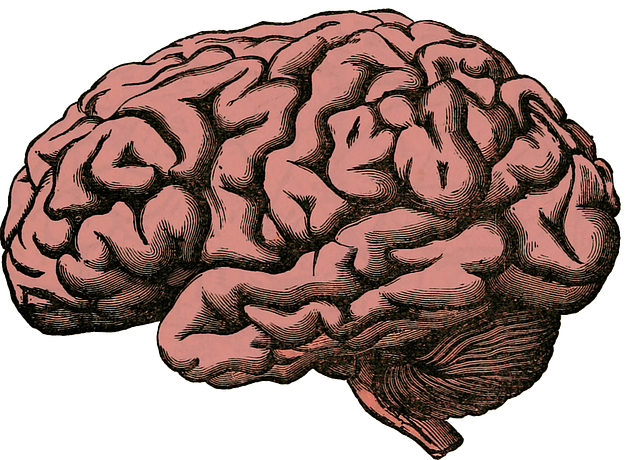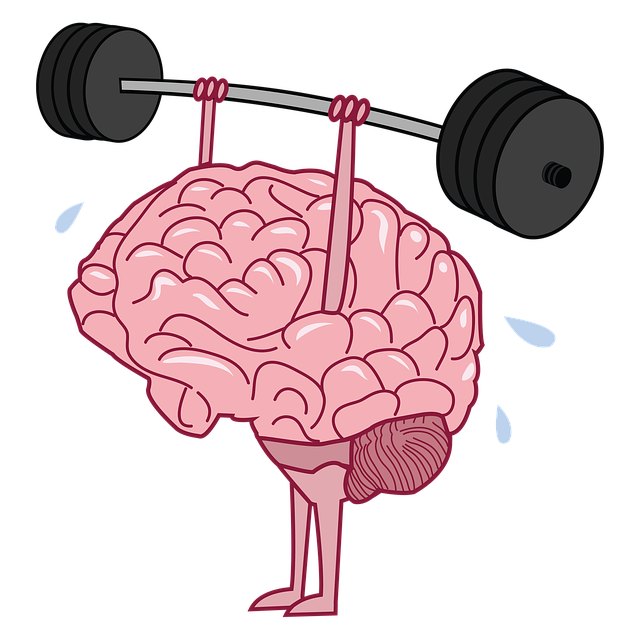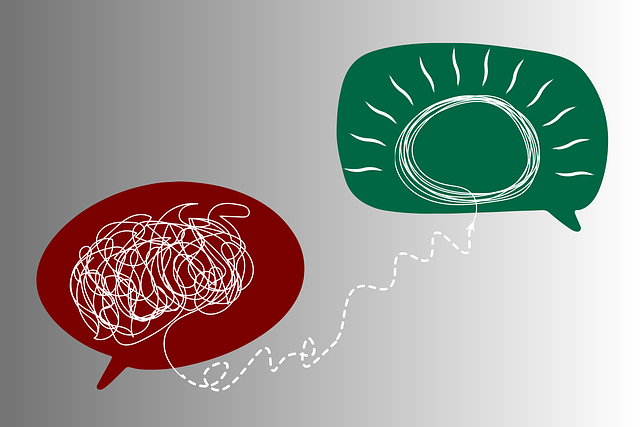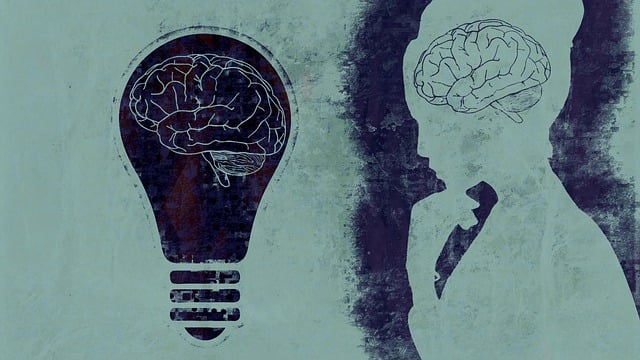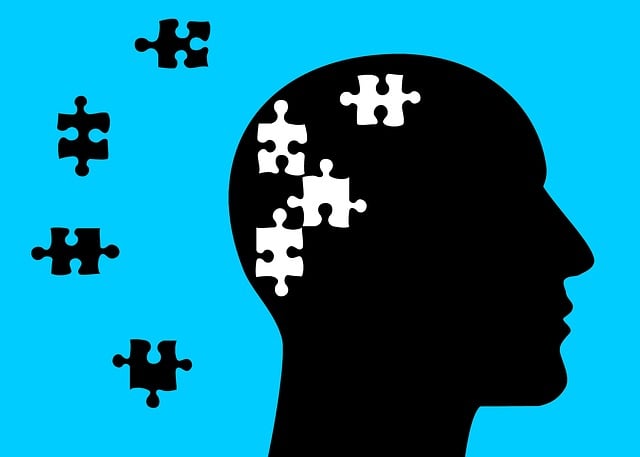Superior Oppositional Defiant Disorder (SODD) presents significant challenges for families and educational institutions, characterized by persistent angry and defiant behavior in children and adolescents. Early intervention through behavior modification techniques, mental health education, and self-care routine development is crucial. SODD therapy leverages Cognitive Behavioral Therapy (CBT), Mind Over Matter principles, and integrated strategies to transform lives. Community engagement and destigmatization efforts, including Compassion Cultivation Practices and Emotional Intelligence, improve access to resources and support systems, facilitating early intervention and improved outcomes for those affected by SODD.
Mental health advocacy initiatives play a crucial role in raising awareness and promoting support for individuals dealing with Superior Oppositional Defiant Disorder (SODD). This article delves into the intricate aspects of SODD, exploring its symptoms and impact on affected individuals. We highlight the transformative power of therapy in managing SODD, presenting effective therapeutic approaches. Additionally, we emphasize community engagement as a vital tool for fostering mental health advocacy and share strategies to overcome the stigma surrounding SODD, ensuring better access to support and resources.
- Understanding Superior Oppositional Defiant Disorder (SODD): Symptoms and Impact
- The Role of Therapy in Managing SODD: Effective Approaches
- Community Engagement: Fostering Support for Mental Health Advocacy
- Overcoming Stigma: Strategies to Advance Mental Health Initiatives for SODD
Understanding Superior Oppositional Defiant Disorder (SODD): Symptoms and Impact

Superior Oppositional Defiant Disorder (SODD), a persistent pattern of angry and defiant behaviour in children and adolescents, often presents significant challenges for both families and educational institutions. Symptoms can range from frequent temper tantrums and argumentativeness to defiance against authority figures and a refusal to comply with rules. The impact extends beyond the individual, affecting relationships, academic performance, and overall well-being.
Early intervention is crucial in SODD therapy, focusing on behaviour modification techniques and mental health education programs designed to teach coping strategies and improve communication skills. Encouraging self-care routine development for better mental health can also be beneficial. A comprehensive Mental Health Policy Analysis and Advocacy approach ensures that families and communities have access to the necessary resources and support systems to navigate this complex disorder effectively.
The Role of Therapy in Managing SODD: Effective Approaches

Therapy plays a pivotal role in managing Superior Oppositional Defiance Disorder (SODD), offering effective approaches to address underlying issues and improve overall well-being. Cognitive Behavioral Therapy (CBT) is a widely recognized method that focuses on identifying and changing negative thought patterns and behaviors. By teaching individuals to recognize triggers, CBT empowers them to develop healthier coping mechanisms and enhance their problem-solving skills. This approach has proven particularly beneficial in managing SODD symptoms, fostering better emotional regulation and decision-making abilities.
Incorporating Mind Over Matter principles within therapy can further boost recovery. Encouraging positive thinking and reframing negative perspectives allows individuals with SODD to challenge unhelpful beliefs and develop a more optimistic outlook. Mental health awareness initiatives also contribute significantly by promoting understanding, reducing stigma, and encouraging those affected to seek professional help. These integrated strategies work synergistically to create a supportive environment, enabling individuals to navigate their challenges effectively and lead fulfilling lives.
Community Engagement: Fostering Support for Mental Health Advocacy

Community engagement plays a pivotal role in fostering support for mental health advocacy initiatives. By actively involving local communities, organizations can create a network of support that extends beyond traditional healthcare settings. This includes hosting awareness events, workshops, and peer support groups to educate individuals about various mental health conditions, such as Superior Oppositional Defiance Disorder (SODD), and the importance of seeking therapy. Engaging community members in conversations around emotional well-being promotion techniques and depression prevention strategies can help reduce stigma and encourage those struggling to seek help.
Community initiatives also provide opportunities for individuals to develop their inner strength by sharing experiences, offering peer support, and learning coping mechanisms. These grassroots efforts not only enhance overall mental health but also empower community members to become advocates themselves, creating a ripple effect of positive change. By fostering an environment where open dialogue about mental health is encouraged, communities can better navigate the challenges associated with SODD and other disorders, ultimately leading to improved emotional well-being for all.
Overcoming Stigma: Strategies to Advance Mental Health Initiatives for SODD

Overcoming stigma is a pivotal step in advancing mental health initiatives for Superior Oppositional Defiance Disorder (SODD). This often involves challenging societal perceptions and promoting understanding through education. By integrating Compassion Cultivation Practices and Emotional Intelligence into therapy for SODD, professionals can foster an environment of acceptance and support. These strategies not only enhance the effectiveness of treatment but also encourage individuals to seek help without fear of judgment or ostracization.
Mental health advocates play a crucial role in destigmatizing SODD by sharing personal stories, organizing awareness campaigns, and collaborating with schools and communities. Depression prevention becomes more feasible when stigma is reduced, enabling early intervention and improved outcomes. Through these collective efforts, individuals with SODD can access the appropriate care, develop coping mechanisms, and lead fulfilling lives.
Mental health advocacy is a powerful tool in combating the challenges posed by Superior Oppositional Defiant Disorder (SODD). By understanding the specific symptoms and impact of SODD, implementing effective therapy approaches, engaging communities, and overcoming stigma, we can significantly advance mental health initiatives. Therapy plays a pivotal role in managing SODD, offering evidence-based strategies to support individuals affected. Community engagement is crucial for fostering an environment where those with SODD feel supported and understood. Together, these efforts can revolutionize the way we approach mental health, ensuring better outcomes for those navigating the complexities of SODD.




